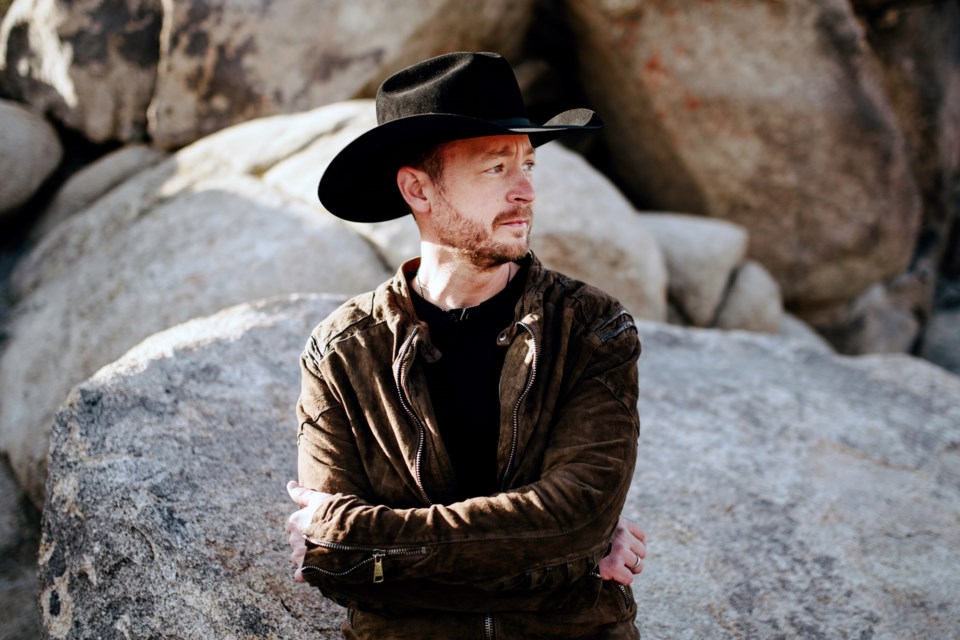“Enough is enough ... Failure is not an option.”
Those were the forceful words from Edmonton Chief of Police Dale McFee as he spoke at a media launch Wednesday on a new anti-trafficking partnership between Canadian country music star Paul Brandt and the Edmonton International Airport.
More than just a singer-songwriter, Brandt is a humanitarian who was shocked to learn about the degree of child exploitation while on a visit to Asia.
Upon his return to Canada, he founded #NotInMyCity through his Buckspring Foundation in 2017. #NotInMyCity is an awareness organization that works to educate the public and workers at EIA about the trafficking of human beings with a specific focus on women and the exploitation of children.
“It’s the fastest growing crime in Canada. There is more human trafficking in the world today than at any other point in history,” said Brandt. “I made the decision to be on the right side of history.”
Brandt recounted the story of his personal epiphany in Asia after he encountered a five-year old girl who was being sold six to eight times a night. He also said that in the area, a California businessman was building a three-storey hotel designed for trafficking and catering to “bus loads of men.”
Deeply shocked by these events, the father of two made a commitment to assist the most vulnerable at our own door.
Reading a few statistics to the attentive crowd, he said, “The youngest victim in Alberta was seven when first trafficked,” in a voice thick with emotion.
About 93 per cent of Canada’s trafficking victims come from within our borders with more than 25 per cent under the age of 18.
RCMP Assistant Commissioner John Ferguson, also attended the media launch, and said that of 531 charges laid last year, 510 were domestic incidents.
Airport CEO Tom Ruth is taking aggressive measures to stop the invasive spread of this crime through a four-step program.
“We want traffickers and victims to know we are watching them,” said Ruth.
He plans on running a public awareness campaign, train staff to spot trafficking, offer discreet access to victims and display the #NotInMyCity yellow rose, a symbol of support and solidarity with victims.
Currently, law enforcement partners work with numerous agencies including the Centre to End All Sexual Exploitation (EASE) and the RCMP’s Project KARE.
Unfortunately, the fight to end trafficking can be hampered because many victims do not see themselves as victims, noted Ferguson.
In other cases, a mistrust of authority, language barriers, threats of violence, stigmatization and shame prevent many victims from seeking assistance.
“Our goal is to make the community safer and our efforts need to be co-ordinated, robust and consistent,” Ferguson said.
Brandt noted trafficking is difficult to measure and requires a strong community involvement to stop the spread.
“The fight is difficult, but it can’t keep us from doing what is right.”
For more information or to support this cause, visit notinmycity.ca.




